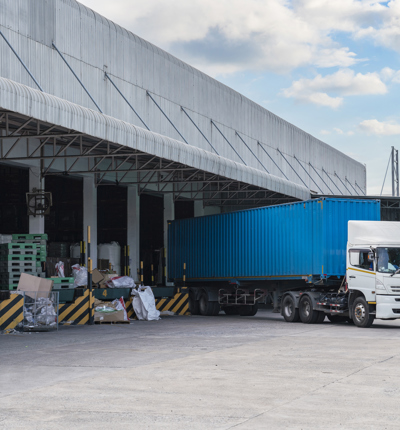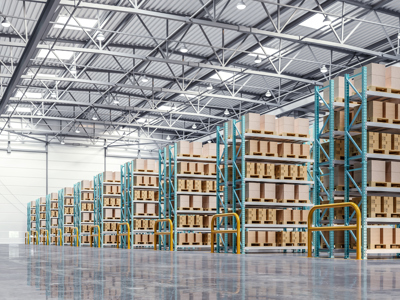
Urgent legislation to tackle forced labour in UK supply chains needed, says Parliamentary committee
Goods produced using forced labour are being sold in the UK, despite the Government’s position that no company operating in the UK should have a supply chain that involves forced labour of any kind, according to a new report by the Joint Committee on Human Rights (JCHR).
Posted on 24 July 2025
Forced Labour in UK Supply Chains highlights the UK’s failure to keep pace with international partners such as the EU and USA in addressing forced labour.
It calls for urgent new legislation to ban the import and sale of goods linked to forced labour, introduce mandatory human rights due diligence for businesses, and establish a civil liability for companies that fail to prevent forced labour in their supply chains.
The Committee’s inquiry heard evidence from survivors, legal experts, businesses, and NGOs. It found that the UK’s current legal framework is fragmented and ineffective, and that voluntary measures do not prevent forced labour from entering UK markets.
The Committee says its report “demonstrates that the UK is at risk of becoming a dumping ground for goods that cannot be sold elsewhere due to forced labour concerns”.
The report recommends:
-
A new law to make it unlawful to import or sell goods linked to forced labour.
-
Banning certain imports to prevent goods produced using forced labour from entering the UK market.
-
Mandating human rights due diligence for UK businesses, with proportionate requirements for SMEs, and introducing penalties for those who do not comply.
-
Tougher rules to make companies report forced labour in their supply chains and removing s.54(4)(b) of the Modern Slavery Act 2015, which allows companies to stay within the law by simply reporting that no action has been taken
-
Creating a civil cause of action for survivors of forced labour to seek justice in UK courts.
-
Rigid public procurement rules to exclude suppliers linked to forced labour.
The Committee also criticised the Government’s recent China Audit for failing to set out a clear approach to addressing state-imposed forced labour in China, particularly in the Xinjiang region.
Leigh Day partner in the international department Oliver Holland gave evidence to the committee earlier this year, with members enquiring about his experience with cases involving forced labour practices and seeking his views on how forced labour can be removed from UK supply chains.
Leigh Day partner Oliver Holland, said:
“There is a strong and urgent need for mandatory due diligence legislation and a number of other measures to tackle forced labour practices in UK supply chains. Existing laws do not do enough to ensure that companies and public bodies take responsibility for human rights abuses and environmental harms.”
“The JCHR has put forward a series of credible recommendations that I very much hope the UK government will implement as soon as practically possible.”

Oliver Holland
Oliver is a partner in Leigh Day's international and environment teams. Oliver's practice covers environmental harm, human rights, modern slavery & consumer litigation, including expertise in conflict of law issues & cross-border disputes.

It is time the law changed to prevent forced labour in UK supply chains
Oliver Holland tells the Joint Committee on Human Rights that the law needs to change to stop exploitative practices occurring in UK supply chains.

Migrant workers’ case to proceed in English courts following Supreme Court refusal of Dyson appeal
The Supreme Court has refused to grant Dyson permission to appeal a Court of Appeal ruling that allegations of forced labour and dangerous conditions at two Malaysian factories which made electronics products for the company can be heard in the English courts.

